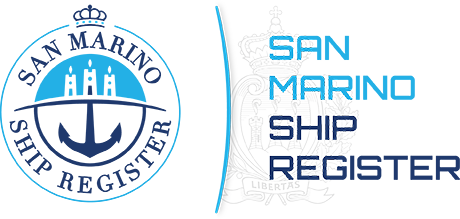Posted in Vessel Registration, STCW
Way back in 1978 the STCW Convention introduced international requirements for training, certification and watchkeeping, in an attempt to standardise the competency of seafarers internationally. Previously these standards were set by individual countries which caused there to be a wide variation in the training given, and the competence attained by seafarers from different parts of the world.
While well intended, the convention was not particularly robust in what it prescribed. Such phrases as “to the satisfaction of the Administration” meant that much was left to the interpretation and discretion of the Administration. As a result of criticism of the Code, amendments to the convention were made in 1995.
The 1995 amendments which entered into force on 1 February 1997 were broken down into two parts. Part A of the Code contained mandatory standards of training, certification and watchkeeping. Part B of the Code provided further recommendations and guidelines on the same issues but was not mandatory. It had been expected that these new standards would standardise the training requirements of seafarers irrespective of which part of the world they were from.
Yet once again the Code failed to fulfil its intended purposes satisfactorily. One of the main problems was that for a flag state to be considered compliant and able to appear on the “white list,” it needed to guarantee that it had given proper and continuous oversight to those parties training and certificating its seafarers. Seafarers are however, often trained in one country and apply to work on ships flying the flag of another. As with any other form of education and training, the standards still varied from country to country, and from training school to training school. Therefore, seafarers certified in some countries found it difficult to work on ships flying the flag of another country because the training body which provided their training was not recognised by all flag states.
As a result, some training schools even went so far as to apply to different countries for recognition. A very costly exercise, as that entailed the need for those countries to audit the training provider on a regular basis.
Further amendments to the Code were made and adopted on 25th June under the 2010 Manila amendments to the STCW Convention and Code. These amendments entered into force on 1 January 2012, and it is hoped that what seems to be a never-ending series of shortfalls in the Code will finally come to an end. For seafarers they will hopefully receive a better and more consistent standard of training. Additionally, due to the requirement that flag states must recognise and endorse certificates issued by other flag states, it should make it easier to work on ships registered in other countries.
For the ship registry, these are still difficult and busy times as far as meeting all the requirements of the Code is concerned. The 1st January 2017, is the date on which every flag state is required to have an electronic system which enables anyone to verify a seafarer’s documentation. Between now and then, registrars and their staff will either need to issue their own certificates of competency to properly trained and competent seafarers, or endorse certificates issued by other flag states. Either method used in the processing of applications is time consuming, but must be carried out to meet the requirements set out by the IMO.
Seafarer HQ automatically provides such an electronic facility, and fully meets the IMO requirements. The software is aimed for use by large and small Maritime Administrations alike, and is maintained via OHQ Cloud.







Capture, process and analyse your Maritime Administration's data while ensuring compliance with international regulations.